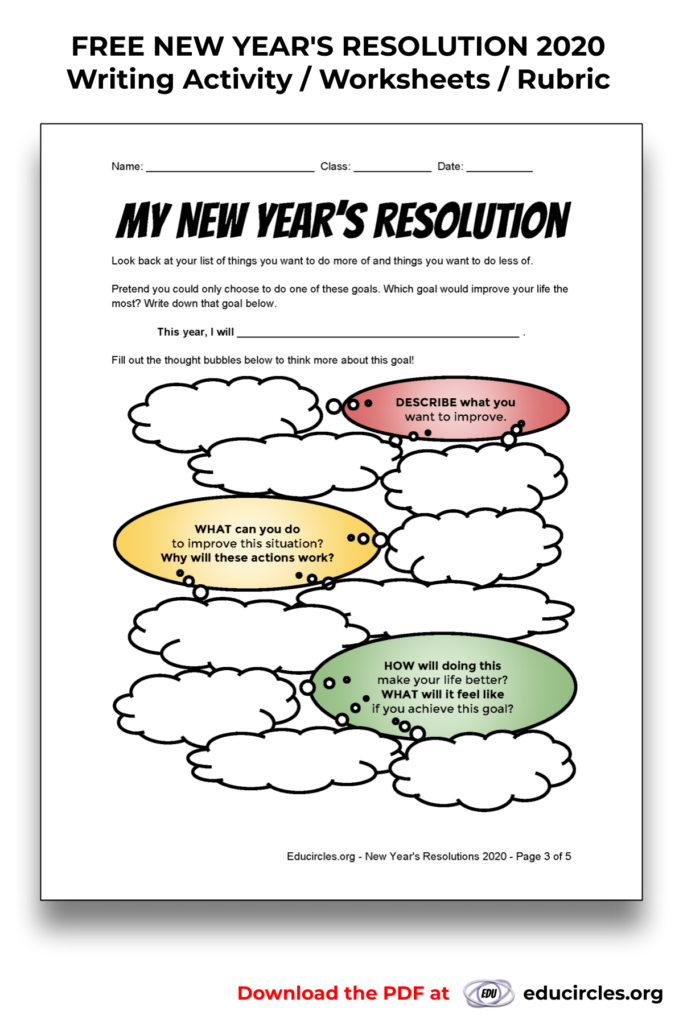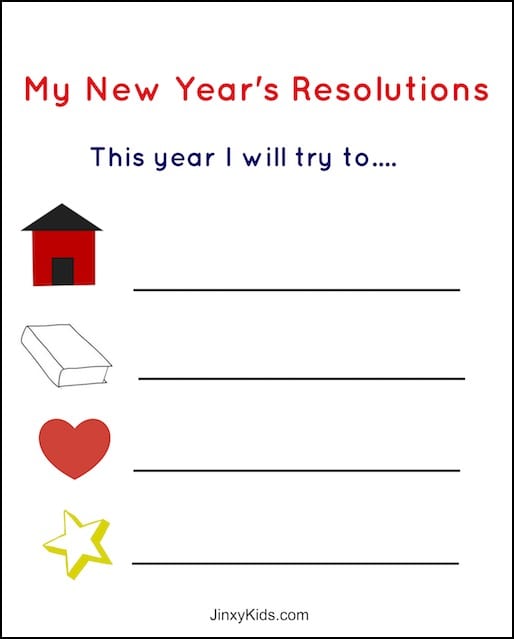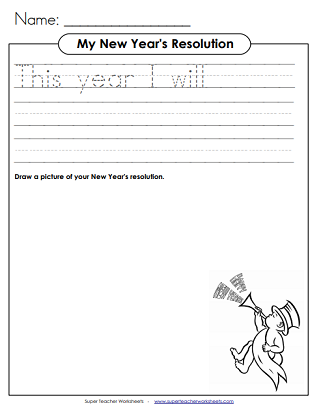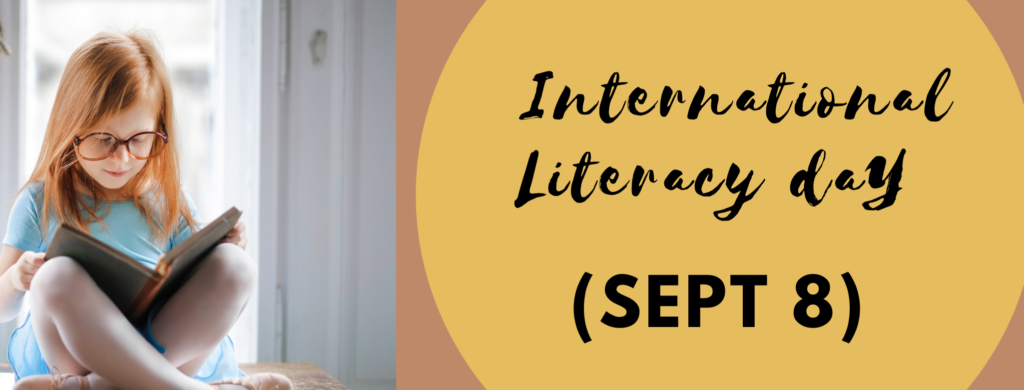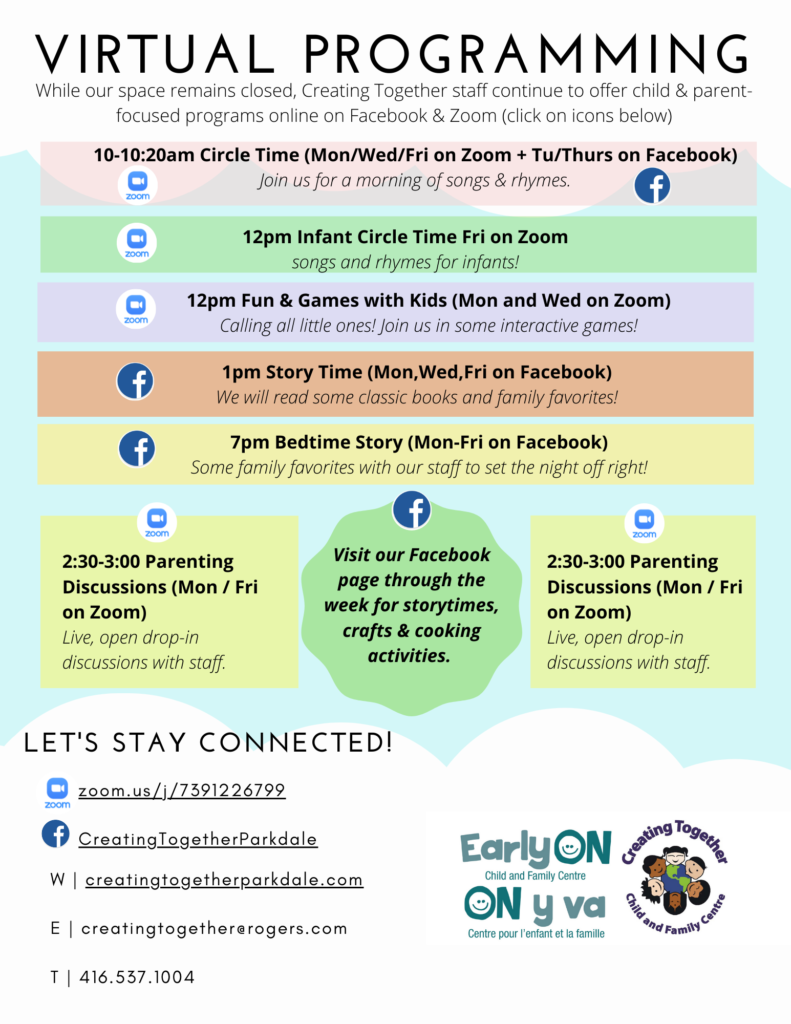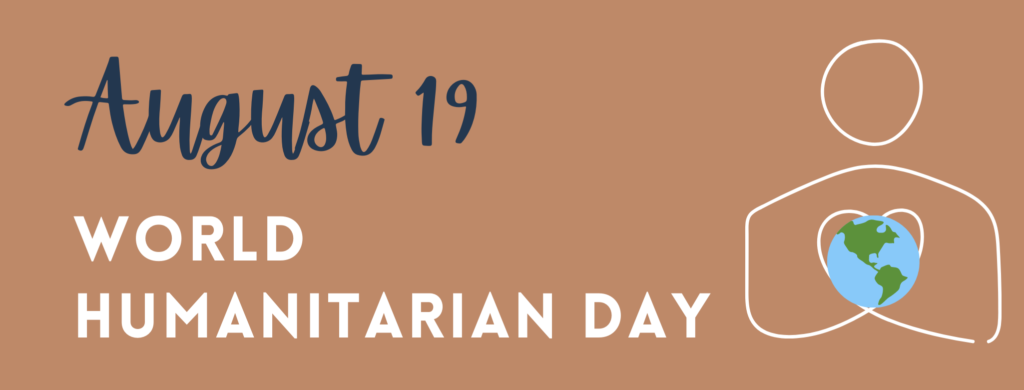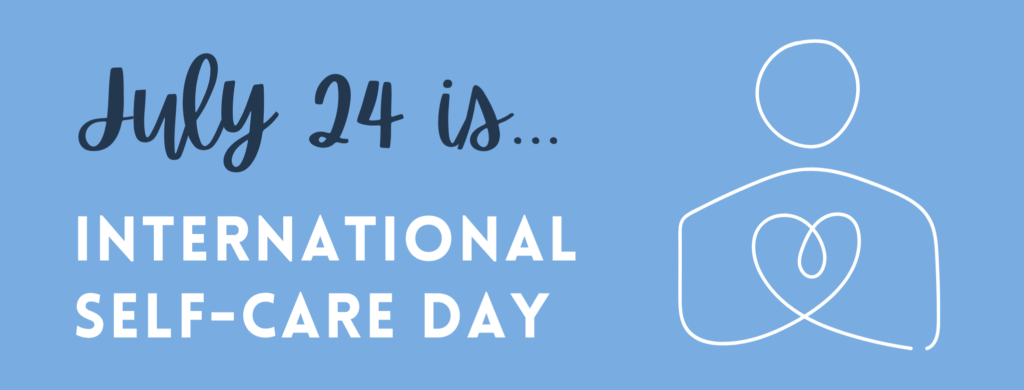With the solar new year just completed and the lunar new year fast approaching (February 1st this year), its a great time to set some intentions and goals for the new year.
Just like adults, children benefit from goal and intention-setting. Creating a clear idea of what you’d like to achieve or experience, making a plan to go after it, and experiencing that sense of accomplishment when you’ve reached your goal – what an important life skill.

Whether it’s learning something new or spending more time with that special someone, talking about their goals and intentions for the year has several benefits:
Create clarity. Getting clear about what we want in life is a life skill that is key to actually attaining what we want in life.
Improve ability to communicate as a family – When we ask and truly listen to each other, it helps us all experience what healthy, supportive communication looks like.
Learn to celebrate resilience. Creating milestones so loved ones can come together to celebrate challenges and successes along the way. When parents and caregivers share their challenges in achieving their goals and children witness you learn from those challenges, celebrate those lessons, and get back to trying again, they learn resilience as well.
Increase trust. Sharing our goals and values and having them truly heard, supported and celebrated helps bring loved ones closer. It takes practice, but when it’s done well the trust that can be created is beautiful.
Teach important lessons. Sharing and working towards individual or shared intentions helps us learn important qualities of collaboration, cooperation, and working towards a common vision.
Have fun! Making it a game helps to take the pressure off, and teaches that goal setting can be fun. Imagine a better year together (sky’s the limit!), try out a worksheet, build a family collage. Enjoy the process!
Ready to give it a try? Here are some examples of worksheets you can create at home, to help guide some conversations with members of your family, about your own goals and one another’s!
Helpful Tip – we are here for you as a hub and a resource. If your child has a goal that you would like some resources on or would like to talk about (eg., reading, behaviour, healthy eating, exercise), let us know! We can also help you with goals related to parenting, healthy eating, and literacy.

